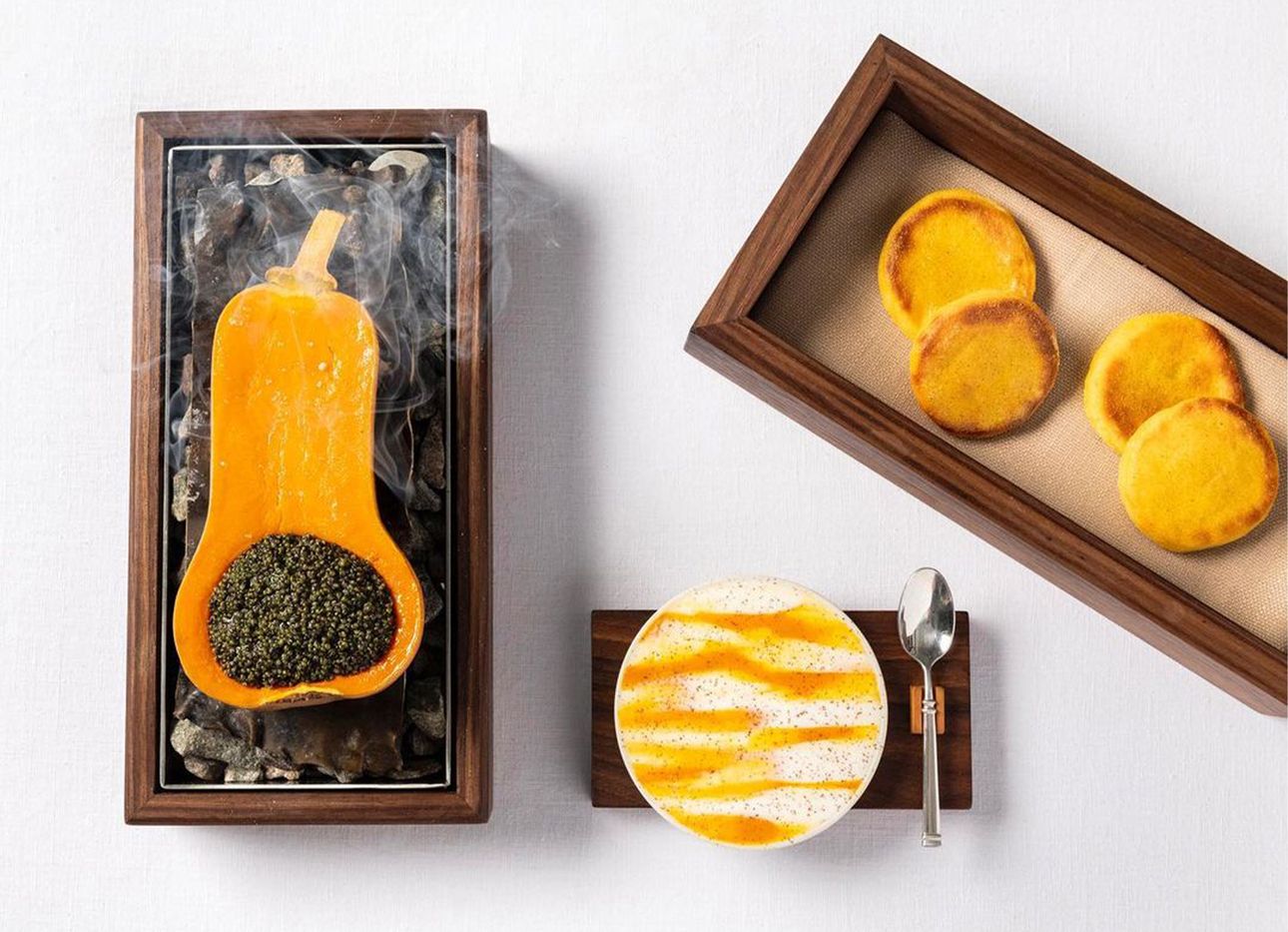
For an Ethical Alternative to Caviar, Try Tonburi
Few bite-size foods are as fancy as caviar, with its bursts of salty brine that tickle the tongue. But changing attitudes around harvesting the eggs—which traditionally involves killing a sturgeon to extract its ovaries, and which have led to the fish becoming a critically endangered species—have caused the luxury staple to fall out of favor with many upscale chefs and their patrons. (Chef Daniel Humm of the newly plant-based, three-Michelin-star restaurant Eleven Madison Park explains why he stopped using the delicacy on Ep. 53 of our Time Sensitive podcast.) Fortunately for those who still crave the eggs, an ethical alternative—one that’s being increasingly adopted by high-end establishments, including Humm’s—has earned international acclaim in recent years: Japanese tonburi, the edible, quinoa-like seeds of the summer cypress plant that are sometimes referred to as “land caviar.”
Used as an herbal medicine since the country’s Heian period (794–1185), tonburi is a vitamin- and mineral-rich superfood that’s primarily produced in Japan’s Akita Prefecture. It’s made using an exacting process that involves drying, boiling, and repeatedly rinsing the seeds, and removing their thick outer skin to expose their chewy centers.
The salty, earthy, and slightly gummy result has a subtle, broccoli-esque flavor and can be used as a garnish for soba noodles, mixed into nattō (fermented soybeans) with rice, or enjoyed on top of a cracker or a fried egg. (Eleven Madison Park’s current tasting menu features a dish with the seeds, served with squash, sumac, and naan.) However it’s enjoyed, tonburi signals a promising future for fine dining—one that insists on the heightened awareness of our planet, and of our fellow species, just as much as our taste buds.